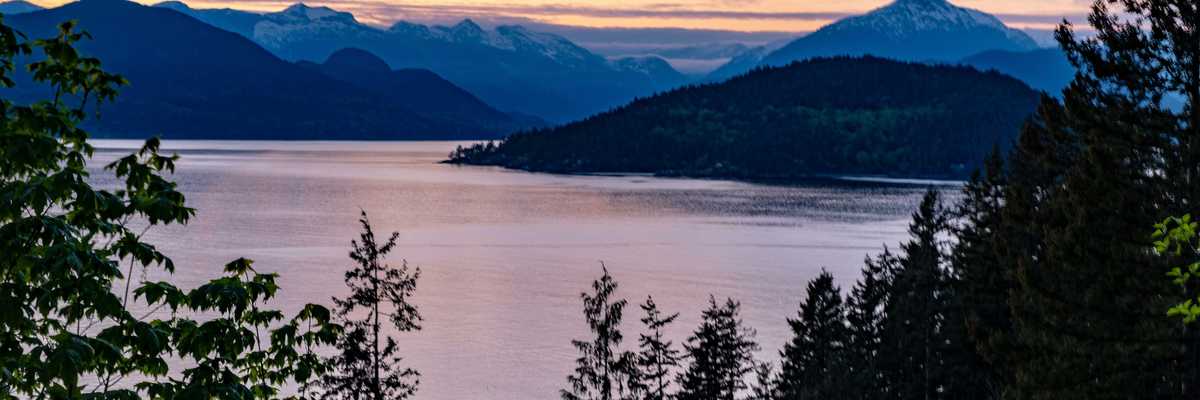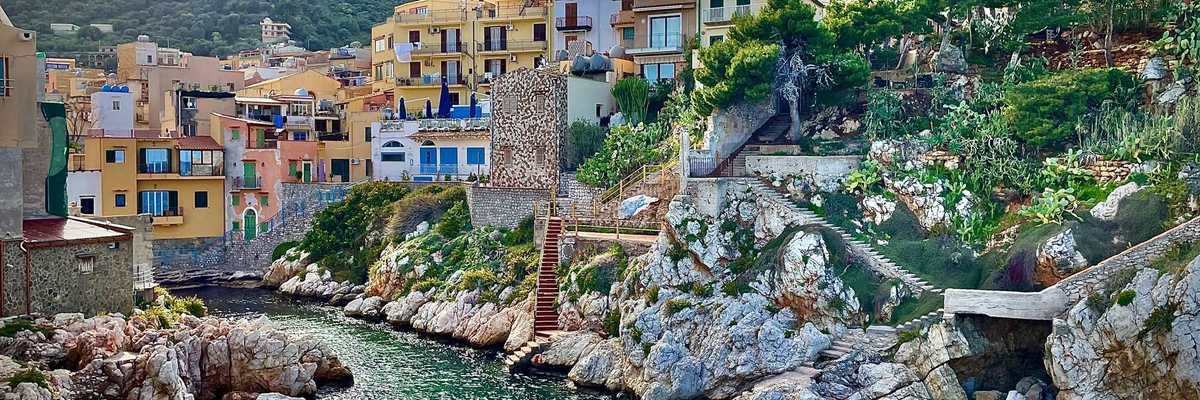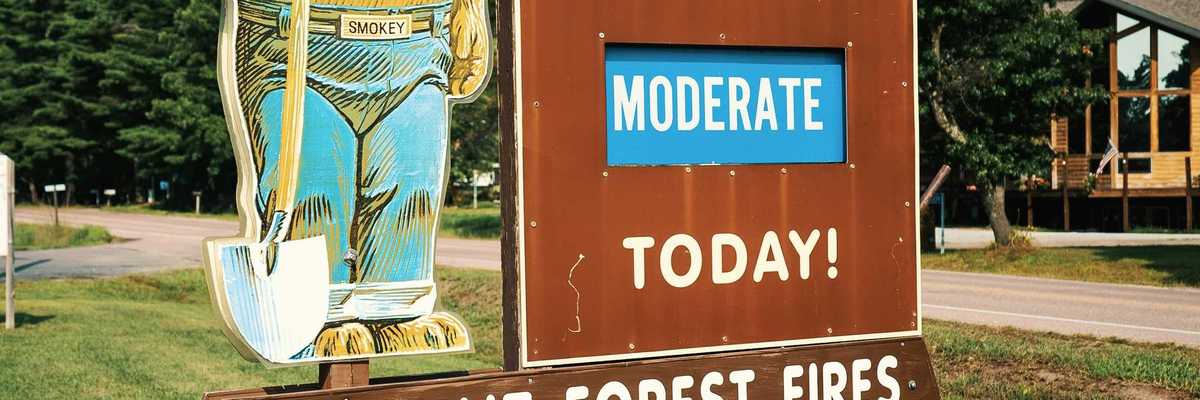indigenous food sources
Wildfires are pushing Alberta's caribou to the brink
The relentless wildfires in Alberta are decimating the already endangered woodland caribou population, raising urgent questions about their survival.
In short:
- Alberta's woodland caribou are losing critical habitat to unprecedented wildfires, with 2023 alone seeing over 5% of their range destroyed.
- The caribou, adapted to old-growth forests, now face threats from more frequent and severe fires, further compounded by human disturbances like logging and oil extraction.
- Indigenous communities and environmental groups are increasingly alarmed, noting that without immediate action, caribou may vanish from Alberta's landscape.
Key quote:
“It’s a question that could extend beyond caribou. How do we account for climate change and these larger events, whether it’s wildfires, rain, snow or flooding, in management plans and conservation efforts?”
— Laura Finnegan, caribou program manager, fRI Research
Why this matters:
With only 2,000 of these animals remaining in Alberta, the question looms: can they adapt quickly enough to survive, or are we witnessing the final chapter in the story of these once-thriving herds? Read more: US wildfires’ increasing toll on wildlife.
Plastic pollution treaty talks yield mixed results for Arctic Indigenous communities
Despite global talks aiming to tackle plastic pollution, Arctic Indigenous communities return home to worsening plastic impacts without commitments to reduce plastic production.
In short:
- The recent global treaty talks in Ottawa lacked firm commitments to curb plastic production, leaving Arctic Indigenous communities disheartened.
- Plastics and petrochemicals collect in the Arctic, causing health and environmental damage while climate change exacerbates these issues.
- Oil industries and some nations emphasize recycling over production cuts, which experts argue won't fully address the problem.
Key quote:
“The Biden administration is moving forward with a massive oil and gas project that is a climate disaster waiting to happen while refusing to listen to the voices of my constituents and community.”
— Rosemary Ahtuangaruak, Iñupiaq scholar and leader from the Native village of Nuiqsut.
Why this matters:
The Arctic, melting faster than other regions, is a "sink" for plastic pollution from around the globe, drastically affecting the health and culture of Indigenous people. Read more: Ending toxic threats to Alaska from plastics and petrochemicals.
Global plastics negotiations include a focus on Arctic Indigenous peoples' concerns
As world delegates prepare for a crucial U.N. meeting in Canada, Arctic Indigenous communities emphasize the urgent need to address plastic pollution impacting their health and environment.
In short:
- Delegates from nearly 180 countries will meet in Ottawa on April 23 to progress a treaty aimed at curbing plastic pollution, considering the lifecycle of plastics from production to disposal.
- Arctic Indigenous representatives will present new scientific findings on the presence of harmful plastics in traditional foods like walruses and seals, highlighting the risks to their communities.
- The negotiations, which have previously stalled, are seen as a critical opportunity to establish a comprehensive global agreement by year's end.
Key quote:
"To learn that these microplastics are ending up in our main foods, but also in our bodies, is yet another alarm for the decision makers."
— Vi Waghiyi, environmental health and justice director, Alaska Community Action on Toxics
Why this matters:
The outcome of these talks is important not only for global environmental health but also for the health outcomes of Arctic populations, who are disproportionately affected by pollution due to their subsistence lifestyles. Read more: “Plastic will overwhelm us:” Scientists say health should be the core of global plastic treaty.
Canada and the US tackle mine pollution with an international study
After years of advocacy by the Ktunaxa Nation, Canada and the U.S. have agreed to an International Joint Commission inquiry into pollution from southeast B.C.'s Elk Valley coal mines.
In short:
- The inquiry aims to address contamination affecting the Elk and Kootenay rivers, with a focus on selenium's risk to aquatic life.
- Efforts include forming a governance body and a two-year study to develop action plans and understand the pollution's impact.
- Teck, the mining company, has invested over $1.4 billion in pollution mitigation, but selenium levels remain a concern.
Key quote:
“I am glad to see that the U.S. and Canada are finally taking their commitments to Indigenous Peoples, the environment and the international Boundary Waters Treaty seriously.”
— Gary Aitken Jr., vice chairman of the Kootenai Tribe of Idaho
Why this matters:
The initiative represents an important step toward addressing a century-long pollution issue in southeast B.C., focusing on health outcomes and the environment. Coal extraction and coal burning pollutes the planet and threatens ecosystems in myriad insidious ways.
Inuit app SIKU blends traditional knowledge with tech for environmental tracking
An innovative app developed by Inuit communities, SIKU, is redefining the integration of traditional knowledge and scientific data to empower Indigenous groups across the Arctic in environmental monitoring and decision-making.
In short:
- SIKU, meaning "sea ice" in Inuktitut, is a social network that enables users to document and share observations on wildlife, sea ice conditions, and local foods, fostering a unique blend of traditional and scientific knowledge.
- The platform, developed with the Arctic Eider Society, has gained traction since 2015, now boasting more than 25,000 users from at least 120 communities, who have made more than 75,000 posts.
- It supports crucial community-driven decisions and research, with features like GPS tracking for safety on the ice, and data collection on environmental changes and wildlife management.
Key quote:
“It’s part science and part Inuit knowledge. It can work both ways, instead of one dominating the other.”
— Lucassie Arragutainaq, cofounder of the Arctic Eider Society
Why this matters:
SIKU is more than an app; it's a testament to the power of Indigenous knowledge in shaping environmental policy and research. Learning from Indigenous people may be vital to meeting the existential challenge of the climate crisis.
This B.C. bighorn sheep herd’s fight for survival
Between a mysterious illness, dangerous weather and vanishing habitat, a herd of bighorn sheep almost disappeared from Tobacco Plains Indian Band’s backyard. To bring them back means returning the land to how it looked generations ago.
The battle against illegal goldmining in the Amazon – in pictures
A year after Brazil’s president, Luiz Inácio Lula da Silva, declared a humanitarian crisis among the Yanomami and vowed zero tolerance for illegal mining, environmental enforcers have said the progress since the ousting from the reservation of 80% of the wildcat miners is in jeopardy.









